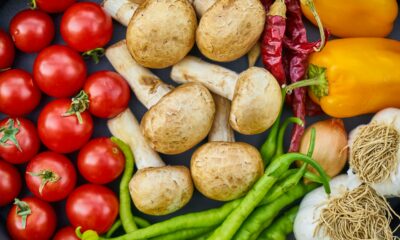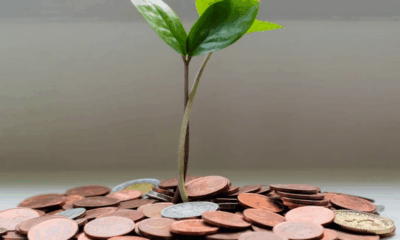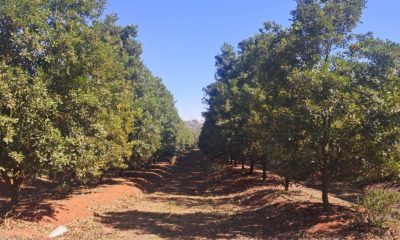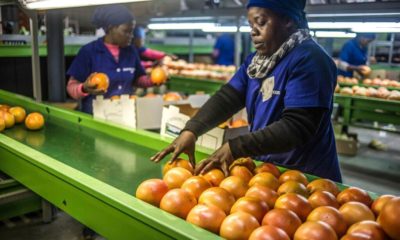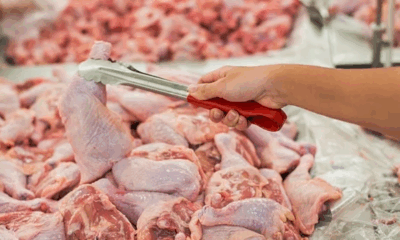Business
Fuel Price Drop a Boon for South African Farmers and Food Prices
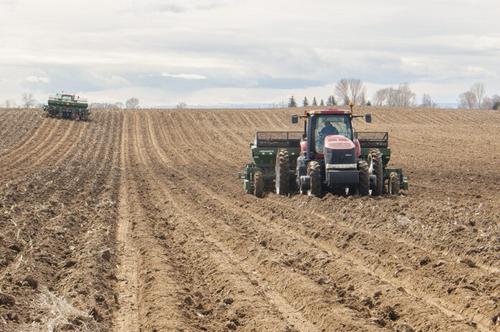
South African farmers and consumers have reason to celebrate, as a recent drop in fuel prices is set to offer significant economic relief—just in time for harvest season.
On May 7, petrol prices were reduced by 22 cents per litre for both 93 and 95 octane, while diesel dropped by between 41 and 42 cents per litre. This follows earlier cuts in April ranging from 72cpl to 86cpl and comes as even more reductions are expected in June.
For the agricultural sector, where fuel is a key input cost, this is a welcome development. According to Wandile Sihlobo, Chief Economist at the Agricultural Business Chamber of South Africa, fuel can account for 11% to 13% of production costs for grain farmers alone.
“This is particularly important now, as many farmers are entering the harvest period for grains, oilseeds, and citrus,” Sihlobo said.
Because South Africa’s rail infrastructure has deteriorated over the years, road freight has become the dominant means of transporting crops, further magnifying the importance of fuel prices in the food supply chain.
These price cuts are also good news for consumers already feeling some relief at the tills. Stats SA reported that food price inflation—tracked under Food NAB—was at 2.7% in March 2025, though some categories like fruit and vegetables remain elevated at over 7%.
The benefits of the fuel price cuts are visible in recent producer price inflation (PPI) figures, which show contractions of 10.6% year-on-year for petrol and 10.8% for diesel in March. Lower input and transport costs should further slow the pace of food price increases.
Moreover, oilseed prices have also declined in line with global trends and a stronger Rand. The Bureau for Food and Agricultural Policy (BFAP) reported soybean prices fell by 9.8%, and sunflower seed prices by 8.2%, with expectations of a solid production recovery.
Still, experts caution that external risks could weigh on these positive trends. BFAP warned that food inflation may creep up due to global uncertainties, especially related to policy shifts in the US and volatility in the Rand. Domestic political uncertainty around the Government of National Unity and ongoing budget talks could also play a role.
However, the decision by South Africa’s National Treasury to scrap a proposed VAT hike has helped ease some pressure on consumers, ensuring that the price of essentials in the zero-rated food basket remains stable.
Overall, the timing of the fuel price relief—paired with a strong harvest outlook and a stable VAT policy—could help South Africa sustain its progress toward moderating food inflation in the coming months.
{Source: BusinessTech}
Follow Joburg ETC on Facebook, Twitter , TikTok and Instagram
For more News in Johannesburg, visit joburgetc.com

